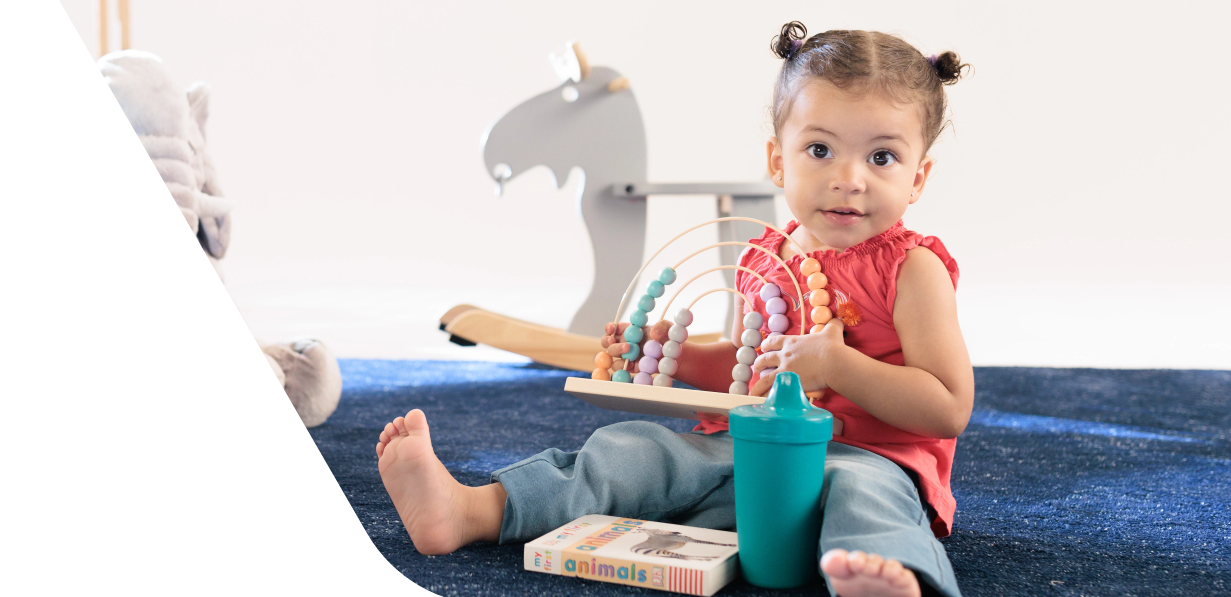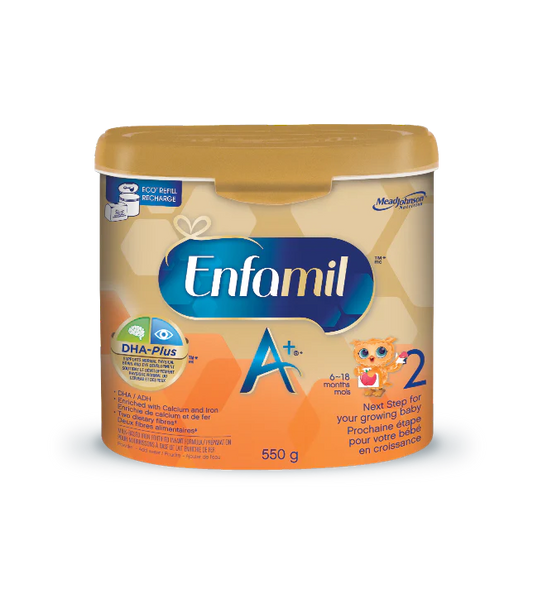Read about your child’s world at 12 to 15 months.
Congratulations, your child is a toddler! His abilities in all areas continue to develop rapidly. Don’t be surprised if he focuses a lot of effort on one skill area over another for a few days or weeks at a stretch. At this age, development moves forward in fits and starts. Just keep supporting him with your love, interaction, and good nutrition.
Here are some of the developments you’re likely to see during this early toddler period.
Cognitive
For months, your toddler has been carefully observing and exploring. If you watch carefully, you’ll see that his play now shows what he’s learned (and is continuing to learn) about how things work. He has a strong grasp on that concept of object permanence and may initiate games like peekaboo since he understands how they work. He likes to look for hidden objects. You’ll also begin to see signs of pretend playing as he now has a concept of many different activities even when he’s not engaging in them (he might pretend to sleep, for example). He doesn’t have an adult’s concept of time yet: He doesn’t know what “yesterday,” “tomorrow,” or “in 15 minutes” mean. But his sense of time may now allow him to begin to understand that the day has a flow to it and to know roughly which events follow which (dinner, then bedtime).
Motor
Clear a path! Most babies stand by themselves between 11 and 12 months. Then, after cruising (walking by hanging onto furniture for support) for a while, most take their first solo steps by 12 to 13 months. At first, there’s a lot of wobbling and lurching—and, yes, falling down. (Be ready to comfort him and his boo-boos.) Most children gain balance and walk fairly well by 14 to 15 months, and they can even stop, bend over or squat, and then start walking again. (Some kids don’t walk until 16 to 17 months, however, and that’s normal, too.) Some new toddlers walk on tiptoe for a while as they get the hang of this new skill.
Communication
Along with walking, toddlerhood is also likely to bring talking. Most young toddlers start out with just a few clear words, often “Ma ma,” “Da da,” and words (or attempts at words) they hear often: “uh-oh,” “dog,” “bye-bye,” “no,” “dipey” for “diaper.” But language skills vary a lot, so there’s a wide range of “normal.” Don’t neglect all that your toddler can tell you without words. He’s likely an expert at nonverbal communication by now: using grunts, grimaces, and smiles; touching his lips to indicate hunger; throwing objects in frustration; pointing an index finger to show curiosity. Your toddler is trying to share lots with you.
Social
Your toddler is increasingly aware that he’s a separate individual from you. He knows he doesn’t like peas, for example, but you do. He wants to do things that you’re trying to stop him from doing. As a result, although he’s drawn to you more than ever for security in a world full of unfamiliar faces and experiences, he also rejects you a little bit when you get in his way. His exciting new skills and impulses mean he’s a busy explorer, but he has little sense of what’s unsafe or beyond his ability. So he’s learning a lot about frustration. These reactions are completely normal for this age. As much as you can, give your toddler safe ways to assert his independence and comfort him without overly fussing to help him handle situations in which there must be limits.








